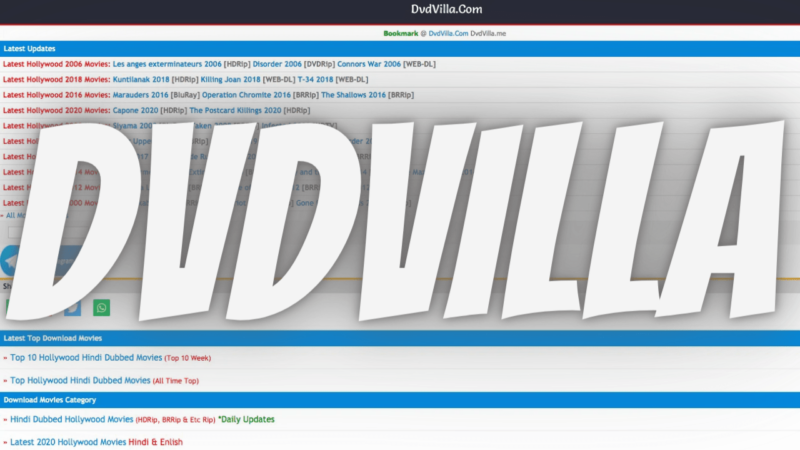Unlocking the Potential: A Guide to Property Investment Sourcing in the UK

The UK property market has long been recognized as a lucrative investment opportunity, providing investors with stable returns and long-term wealth creation. However, finding the right investment opportunities can be a daunting task, especially for newcomers to the market. This blog aims to shed light on the process of property investment sourcing in the UK, offering insights and tips to help investors make informed decisions and maximize their returns. As we do at England Buy to Let Property.
- Understanding the UK Property Market: Before diving into property investment sourcing, it’s crucial to grasp the dynamics of the UK property market. Familiarize yourself with key factors such as regional variations, demand and supply trends, rental yields, and capital appreciation potential. Researching market reports, studying historical data, and keeping track of local market conditions will enable you to identify areas with growth potential and make informed investment decisions.
- Define Your Investment Strategy: Determining your investment strategy is an essential step in property investment sourcing. Are you looking for high rental yields or long-term capital appreciation? Are you interested in residential or commercial properties? Defining your investment goals will help narrow down your search and focus on the right opportunities. Additionally, consider factors such as your risk appetite, investment timeline, and desired level of involvement (hands-on or hands-off) in property management.
- Engage with Local Experts: Partnering with local property experts can significantly enhance your property investment sourcing efforts. Real estate agents, property consultants, and investment advisors possess in-depth knowledge of local markets, have access to off-market opportunities, and can provide valuable guidance throughout the investment process. Collaborating with professionals who understand your investment goals and align with your interests will help streamline your property search and increase your chances of success.
- Leverage Technology and Online Platforms: In today’s digital era, technology plays a crucial role in property investment sourcing. Numerous online platforms provide comprehensive property databases, listing portals, and investment calculators that can streamline your search process. These platforms allow you to filter properties based on your criteria, analyze financial projections, and even connect with sellers directly. Embracing technology can save you time and effort while expanding your reach to a wider range of investment opportunities.
- Network and Build Relationships: Building a strong network in the property investment community is invaluable. Attend industry events, join online forums, and engage with like-minded individuals to exchange knowledge, experiences, and potential investment leads. Establishing relationships with developers, property managers, and other investors can open doors to off-market opportunities and valuable insights. Networking not only helps you stay updated with the latest market trends but also fosters potential partnerships and collaboration for future projects.
- Due Diligence and Research: Performing thorough due diligence is paramount when sourcing investment properties. Investigate the property’s location, neighborhood amenities, transport links, and proximity to schools, hospitals, and shopping centers. Evaluate the property’s condition, potential renovation costs, and compliance with local regulations. Additionally, assess the rental demand, vacancy rates, and comparable rental prices in the area to estimate the property’s income potential. Careful research and analysis will minimize risks and maximize your chances of acquiring a profitable investment.
- Consider Alternative Investment Options: In addition to traditional buy-to-let properties, exploring alternative investment options can diversify your portfolio and enhance returns. Consider options such as student accommodation, serviced apartments, commercial properties, or even crowdfunding platforms that allow you to invest smaller amounts alongside other investors. These alternative avenues can provide higher yields, unique investment models, and lower entry barriers, opening doors to a wider range of investment opportunities.
Conclusion: Property investment sourcing in the UK requires a strategic approach, diligent research, and a comprehensive understanding of the market dynamics. By defining your investment strategy, leveraging local expertise and technology, networking with industry professionals, conducting due diligence, and considering alternative investment options, you can unlock the potential of the UK property market and embark on a successful investment journey. Remember, patience, continuous learning, and adapting to market changes are key to long-term success in the property investment arena.






